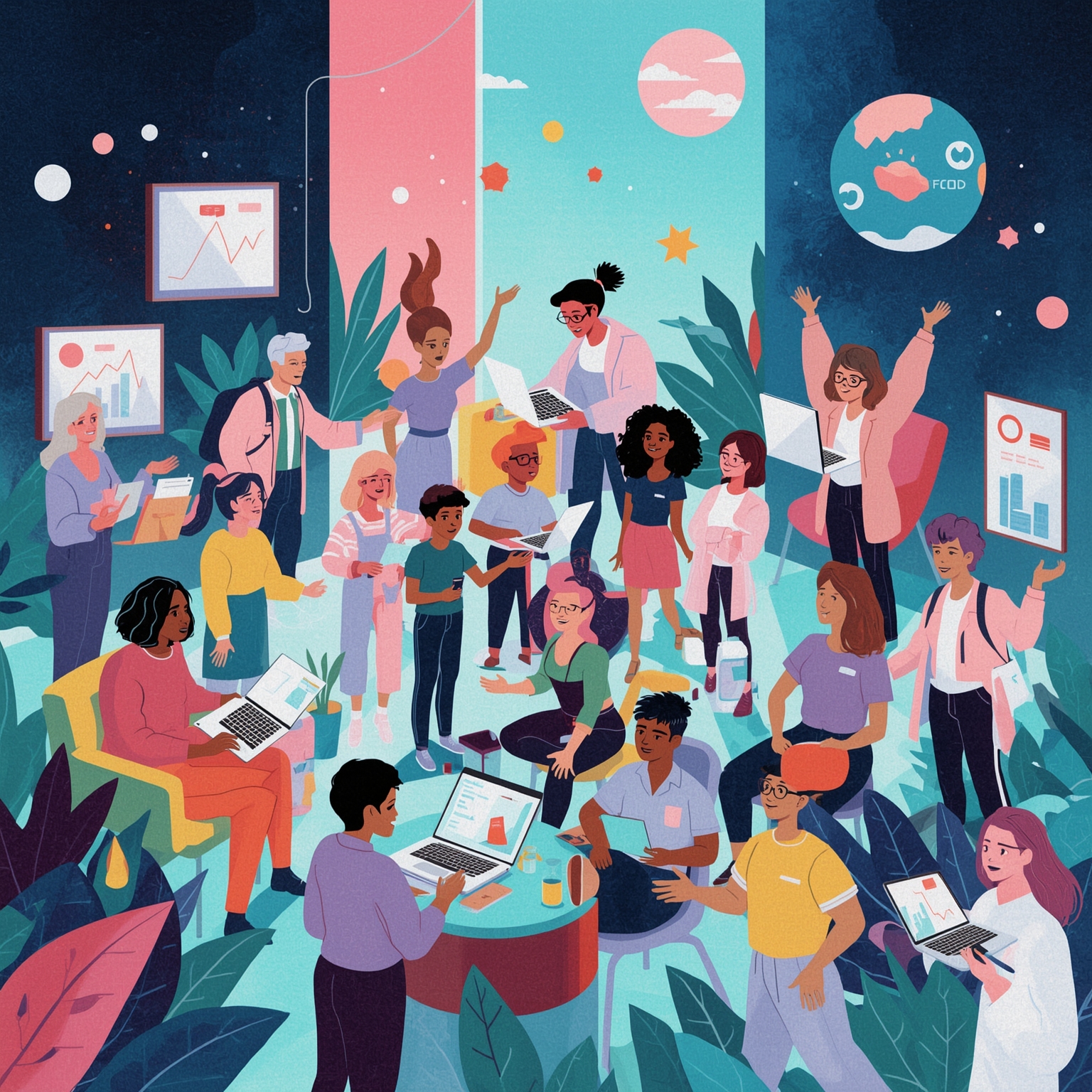Artificial intelligence continues to reshape industries at an accelerated pace, and with that transformation comes growing anxiety about the future of human employment. Countless professions are being reevaluated in light of automation, and many workers wonder where they may safely land in the coming years. Against this backdrop, Brian Chesky, the co-founder and chief executive officer of Airbnb, has suggested that his company could offer a potential refuge for individuals whose jobs are rendered obsolete by technological progress.
Chesky explained that Airbnb is no longer content to confine itself to the role of a simple platform that connects hosts with travelers seeking short-term stays. Instead, the company has embarked on an ambitious journey to evolve into what he describes as an “everything app.” In practical terms, this means that Airbnb intends to position itself as a versatile destination for an increasingly wide spectrum of services, extending far beyond its original model. Beyond booking vacation homes or apartments, he envisions Airbnb becoming the first stop for securing experiences and services such as private dining prepared by chefs, personalized wellness treatments including massages, and even professional photography to commemorate special trips.
During a recent appearance at the Goldman Sachs Communacopia + Technology Conference in San Francisco, Chesky addressed concerns directly related to the impact of artificial intelligence on the job market. While he acknowledged that many industries are likely to undergo fundamental disruptions due to automation and machine learning, he argued that hospitality and personal-service sectors will, at least for the foreseeable future, remain relatively insulated. His reasoning is based on the belief that travelers still crave authentic, human-centered interactions when experiencing new places. For instance, he suggested that while it may eventually become unrealistic to expect human drivers to dominate ridesharing in a world where autonomous vehicles prevail, most people will continue to prefer genuine human hosts when traveling abroad. Recent developments lend weight to this prediction: early reports indicate that the wages of rideshare drivers have already been influenced by the introduction of robotaxis in certain metropolitan areas, hinting at what could become a profound shift in how income is generated in transportation.
Chesky emphasized that, by contrast, the deeply personal and intrinsically human nature of hospitality is not easily reproducible by machines. He illustrated this view with vivid examples: a visitor sampling a fine wine in the vineyards of Bordeaux or enjoying a leisurely retreat by the shores of Lake Como is unlikely to desire that such moments be mediated through artificial agents or robotic hosts. These experiences, he stressed, derive much of their value from direct human warmth, spontaneity, and attentiveness—qualities that artificial intelligence, for all its computational abilities, still fails to genuinely replicate. Consequently, he predicted that over the next five to ten years, hospitality and related services will remain predominantly people-driven, even as parallel industries face rapid automation.
Looking further into the future, Chesky acknowledged that artificial intelligence will continue to displace a growing number of jobs, particularly in knowledge-based and white-collar professions. Occupations that involve routine analysis, coding, or legal research—ranging from software developers to paralegals and data analysts—are already undergoing transformation, with algorithms steadily absorbing their tasks. Leaders in AI, including Dario Amodei, the CEO of Anthropic, have pointed out that entry-level positions in law, consulting, and other sectors are especially at risk because these roles require structured but repetitive tasks—making them prime candidates for replacement.
Similarly, Geoffrey Hinton, a renowned computer scientist often acknowledged as one of the intellectual pioneers of AI, has observed that while machine learning has made extraordinary progress in perception and cognition, it lags substantially when it comes to physical interaction with the world. Because sophisticated manual dexterity remains a formidable challenge for AI, occupations such as plumbing or other hands-on trades will likely retain their value for a considerable period. Hinton went so far as to suggest that individuals seeking resilient careers should consider roles in the skilled trades, which may continue to thrive even as digital professions undergo upheaval.
In reflecting on these realities, Chesky voiced hope that Airbnb could become a destination of opportunity for at least some of those displaced by automation. By offering avenues for individuals to host travelers, curate memorable experiences, and provide creative services, the platform could function not only as a business enterprise but also as a financial lifeline. Implicit in this vision is the idea that Airbnb may serve as a bridge connecting people’s desire for reliable work with society’s enduring appetite for meaningful human connections. At a time when technology threatens to depersonalize aspects of daily life, the company could, in Chesky’s view, provide a model for harmonizing innovation with the enduring value of human presence.
Sourse: https://www.businessinsider.com/brian-chesky-workers-lose-jobs-ai-airbnb-services-experiences-2025-9



